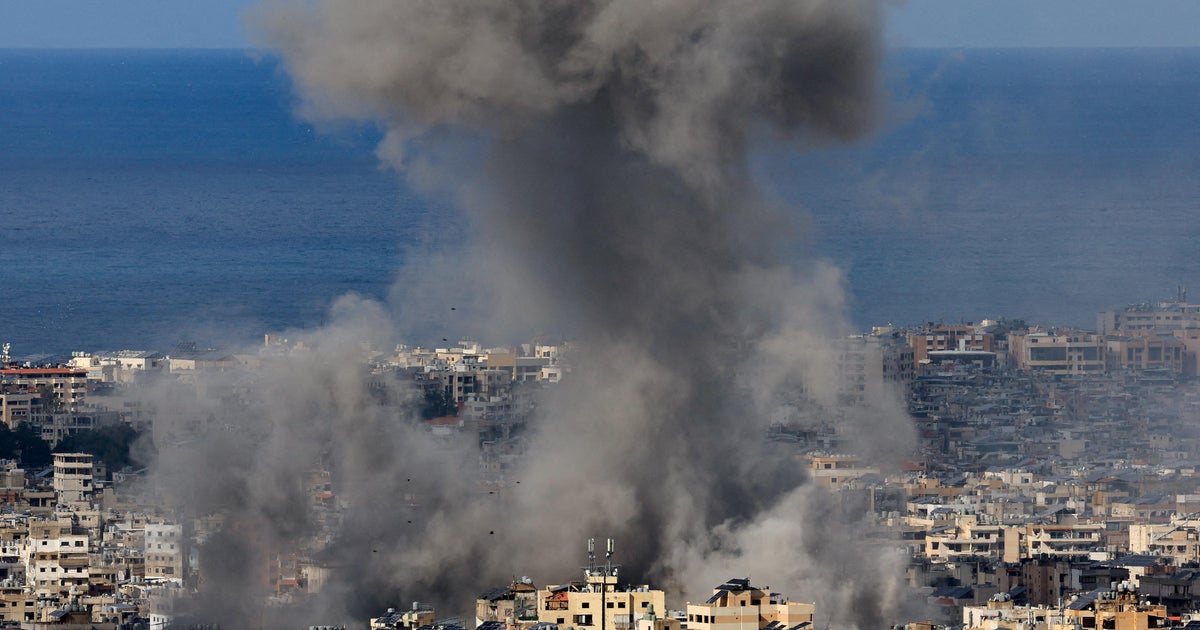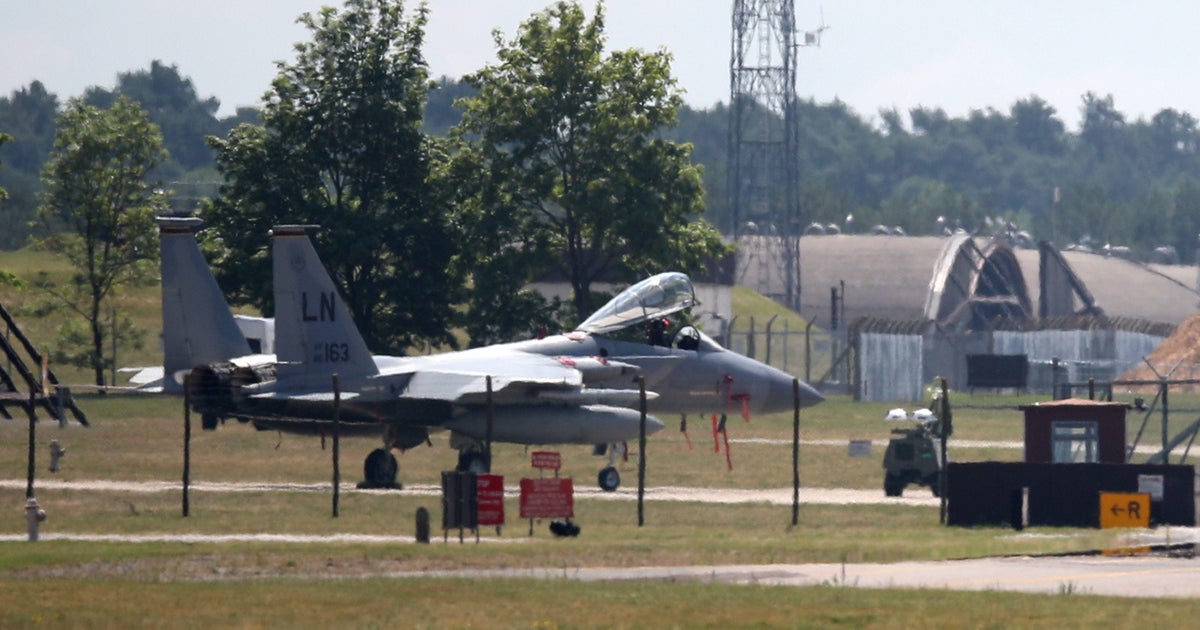U.S. troops leaving Afghanistan teetering on the brink of all-out civil war
Kabul — U.S. officials have said the withdrawal of American troops from Afghanistan will most likely be finished by July 4. Behind them, they'll leave Afghanistan's own security forces struggling to defend their country from a brazen Taliban offensive.
CBS News correspondent Charlie D'Agata went to the front line in the still-raging war this week with Afghan forces. The battle is just two hours north of Kabul, and it's drawing nearer every day.
D'Agata has covered the war in Afghanistan for years, and he's been to the front line many times. But while getting to the fight from Kabul used to mean hitching a ride on a helicopter, for this visit, it was just a drive into the mountains right outside the capital city.
The Taliban are that close now.
At a small combat outpost in Kapisa Province, northeast of Kabul, a concerned commander directed his gunmen toward approaching Taliban fighters. Seconds later, the outpost came under full attack.
Bullets ricocheted off the rocks as D'Agata and his team sought cover with the Afghan forces defending their ground.
From the moment CBS News arrived at the outpost, the Afghan forces were engaged, exchanging heavy fire with Taliban militants trying to advance up the valley. It was a clear demonstration of just how fluid the front line is now.
The outpost in Kapisa had fallen to the Taliban just the day before D'Agata visited, but the militants were pushed back.
In the absence of U.S. troops, holding the line against the Taliban requires a combination of Afghan Army troops and civilian fighters known locally as "uprising militias," who have taken up arms.
Haider Afzaly, chairman of the Defence Committee of the lower house of Afghanistan's Parliament, told CBS News that the civilian forces "are very important. They play a vital role for security of overall Afghanistan, especially in this district."
D'Agata watched as an Afghan military Humvee came racing back through the valley below toward the outpost, under fire and blasting its guns in a "fighting retreat."
Then a whole column of Afghan vehicles came speeding behind it. D'Agata and his team were told it was time to leave. The Taliban militants were advancing again, and no one was certain they could be stopped.
Twenty years after U.S. forces came to Afghanistan, they're leave behind a country on the verge of all-out civil war.



